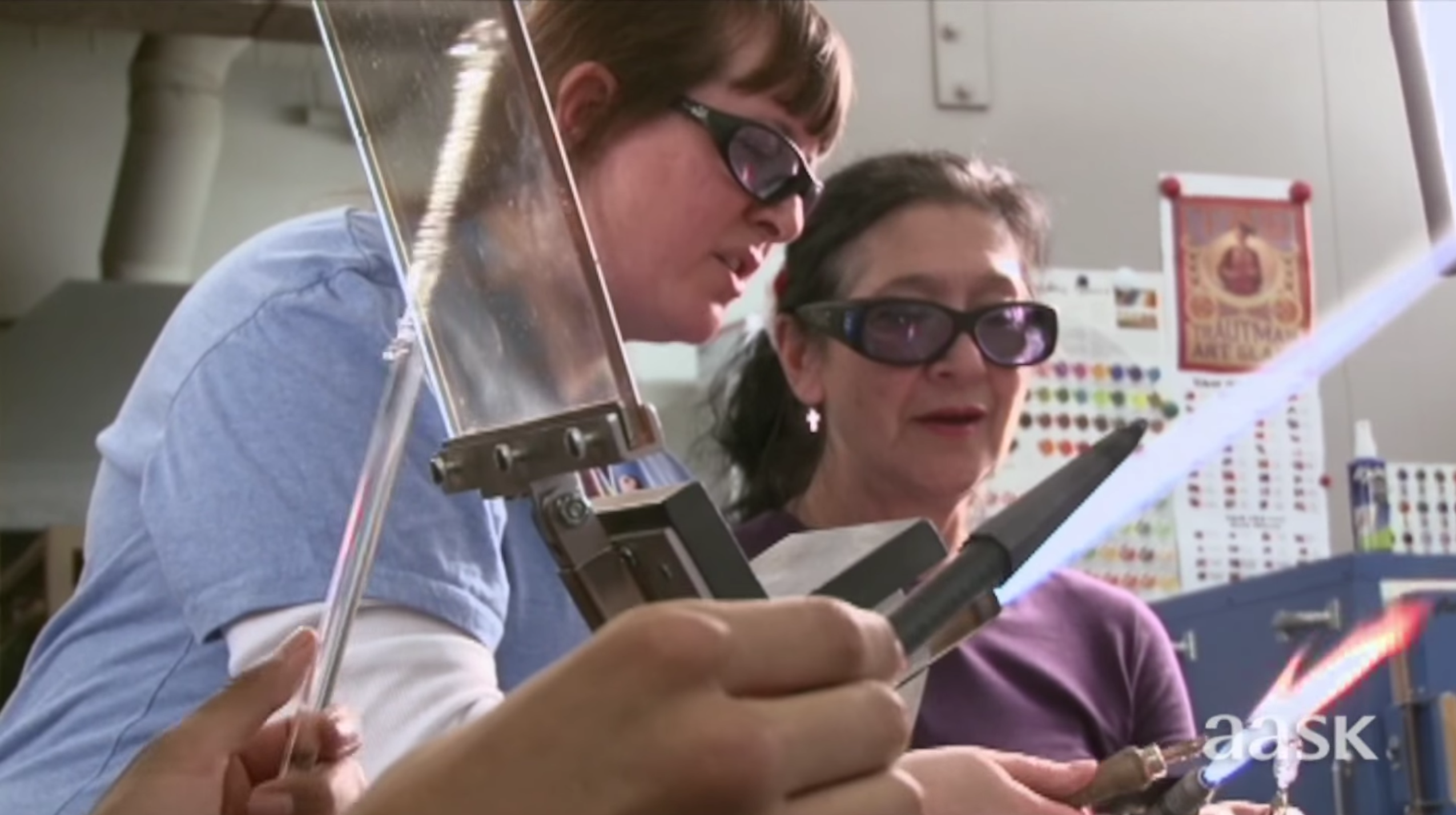While most Arizona children in foster care live in a family setting, more than 1,900 live in group homes.
It can be a chaotic and transient way of life – sharing a house with six or more other children in foster care and cared for by staff paid by the hour. Caregivers come and go. Children come and go as they are moved to other group homes, placed with foster families or reunited with their biological parents.
Children are moved from group home to group home for a variety of reasons. And they can be moved often. A teen in foster care may attend eight different high schools.
Mentors offer counsel and consistency, steadiness and support to children and youth living in group foster homes. A mentor may be the only consistent relationship – the only semblance of family – in the life of a child moved from group home to group home.
A mentor develops a one-on-one relationship that helps build the self-esteem and self-confidence of a child by sharing in accomplishments and milestones. A mentor encourages the development of new interests, aspirations and skills. Most importantly, by going through the ups and the downs of life with them, the mentor becomes “family”.
Aid to Adoption of Special Kids (AASK), is best known for finding children forever homes through adoption and supporting foster families, particularly kinship foster families. But we know those programs don’t meet the needs of all of Arizona’s children and youth.
In the 10 years our mentoring program has been in place, AASK has seen many “family” relationships exist well beyond the participation in our program. Along with our own experience, national research studies have documented the benefits of mentorships. Children in foster care who have a positive relationship with a mentor experience:
- Increased high school graduation rates;
- Lower high school dropout rates;
- Decreased likelihood of drug and alcohol use;
- Higher college enrollment rates and higher educational aspirations;
- Improved behavior, both at home and at school;
- Stronger relationships with parents, teachers, and peers;
- Improved interpersonal skills.
There are benefits for the mentor, as well. Beyond the warm feeling of helping a child or teen, mentors benefit from the development of increased patience and improved supervisory skills, according to a study by the U.S. Department of Labor.
A few hours a month can have a profound effect on everyone involved.
And that time doesn’t have to be spent at a go-kart track or water park. A trip to the grocery store can be a tutorial in budgeting, comparison shopping and how to conduct the dozens of social interactions that make up the day. A mentor might help a teen who has turned 18 set up a bank checking account.
Time spent together in the kitchen could have an impact that lasts much longer than the batch of cookies. Life in a group home typically doesn’t offer opportunities to learn how to cook or develop other skills critical to living on your own.
We now know that brain development continues into the 20’s. That is why many mentorship programs are designed for youth as old as 21. It’s never too late to make a difference in someone’s life.
To learn more about the AASK mentoring program, contact us at 602-930-4900 or info@aask-az.org.
Russ Funk
Director of Community Engagement
Aid to Adoption of Special Kids
